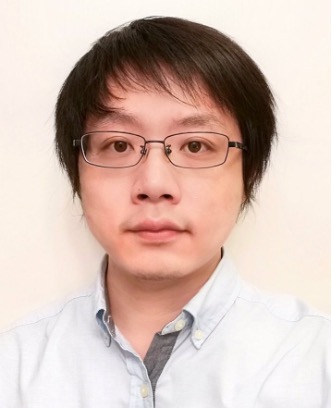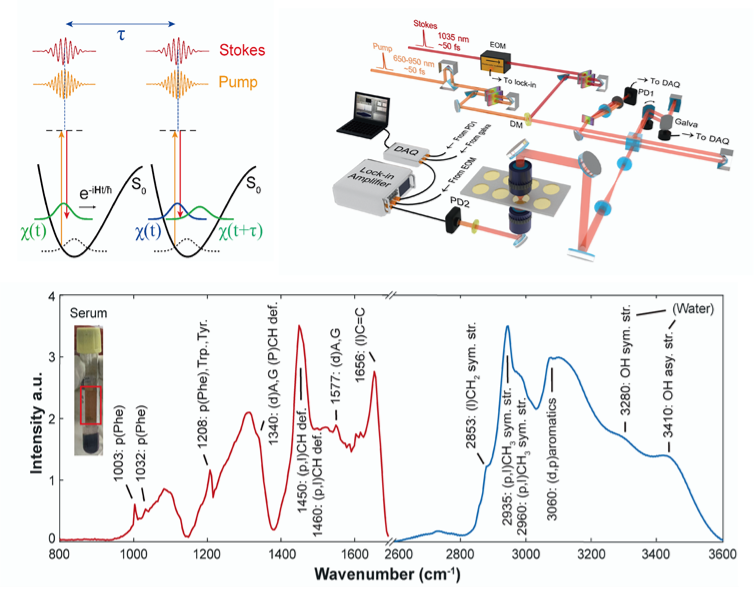Ass. Prof. Dr. Hanging Xiong
Transient stimulated Raman scattering spectroscopy and imaging
August 15, 2025
Start: 1-2 pm
Venue: Conference room at Leibniz IPHT
Contact person: Prof. Jürgen Popp, apl. Prof. Michael Schmitt

Dr. Hanqing Xiong received his Bachelor's degree from the Department of Biomedical Engineering at Huazhong University of Science and Technology in 2012, followed by his Master's training at the Wuhan National Laboratory for Optoelectronics, Huazhong University of Science and Technology in 2015. He then pursued his doctoral studies at Columbia University, where he trained as a spectroscopic physicist and earned his Ph.D. from the Department of Chemistry in 2020. His research focuses on ultrafast molecular vibrational spectroscopy and its applications in biomedical detection and imaging. He has published systematic research innovations in the fields of (i) coherent Raman spectroscopy & imaging and (ii) mesoscale connectomics, and holds or has applied for several related invention patents.
Stimulated Raman scattering (SRS) has emerged as a powerful quantitative contrast mechanism for chemical imaging in recent years. Conventional SRS techniques, which operate in the frequency domain, face a fundamental trade-off between excitation efficiency and spectral resolution: while the nonlinear process benefits from ultrafast pulsed excitations, the time-energy uncertainty principle intrinsically limits spectral resolution. Additionally, spectral range and acquisition speed are mutually constrained. In this talk, I will present a novel time-domain excitation strategy developed in our lab that circumvents these limitations. By encoding Raman free-induction decays into time-domain stimulated Raman loss (SRL) signals through vibrational wave packet interference, we reconstruct the Raman spectrum via Fourier transform of the time-domain SRL signal. This approach achieves natural-linewidth-limit spectral line shapes, a spectral range determined by the laser bandwidth, and enhanced sensitivity. I will discuss our progress in obtaining self-calibrated standard Raman spectra and high-speed super-broadband Raman imaging, along with the advantages and limitations of this method for biomedical imaging applications.
Fig.1 | Transient stimulated Raman scattering.

The lecture will be given in English.

